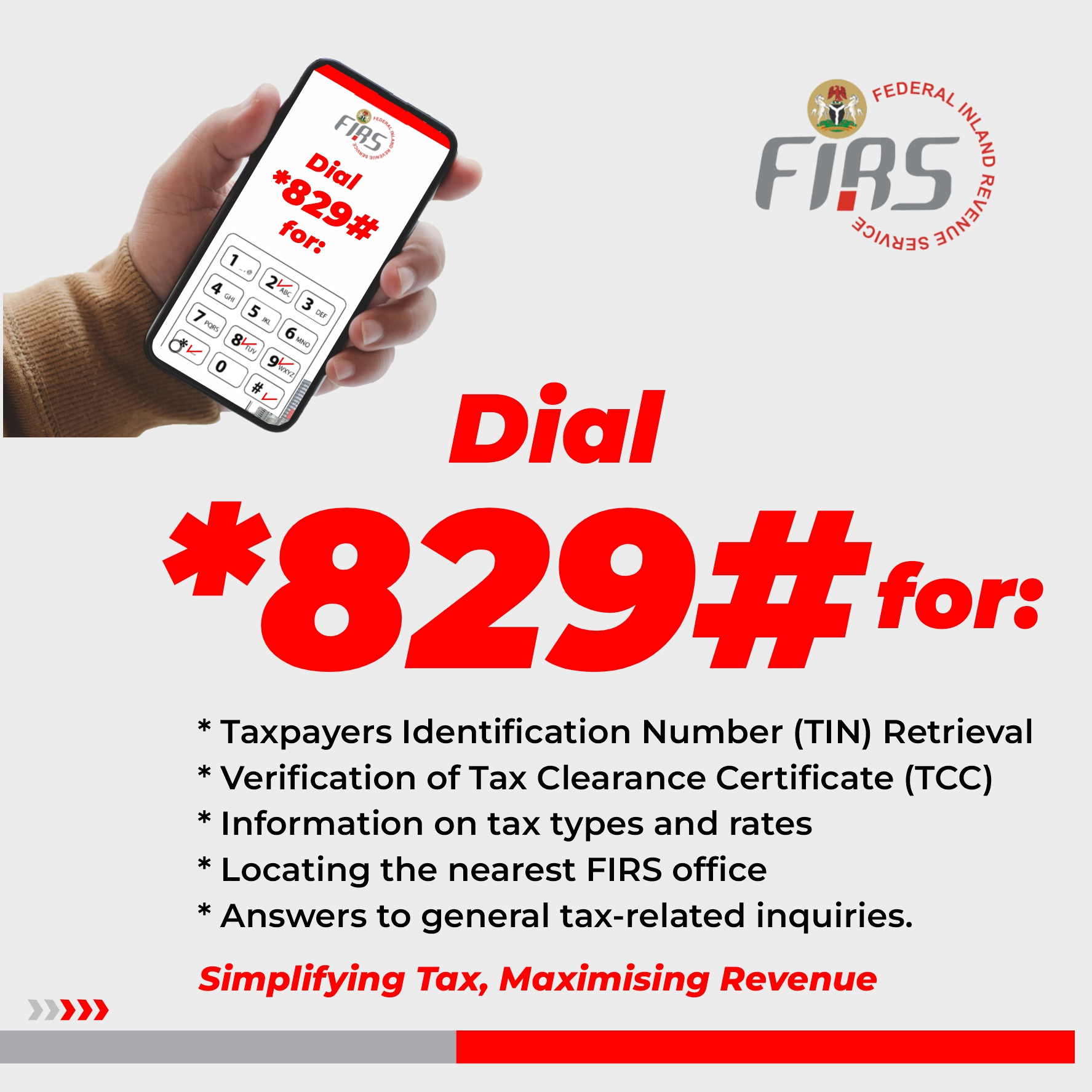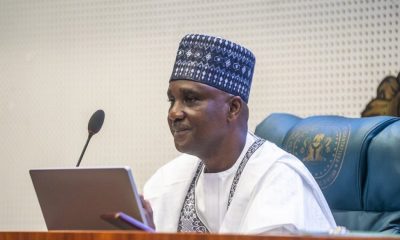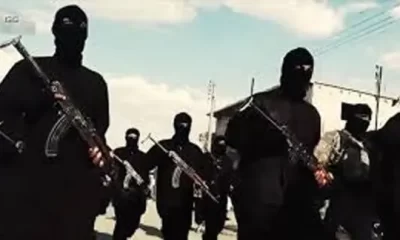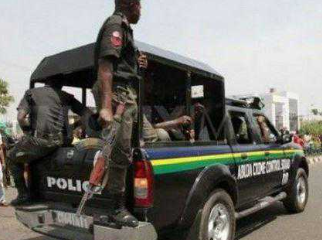Crime
More than 1,680 kidnapped in Nigeria since 2014 Chibok girls abduction – SCI

Save the Children International (SCI) has revealed that more than 1,680 school children have been kidnapped in Nigeria since the 2014 abduction of 276 schoolgirls from Chibok in Borno State.

According to them, the fear of kidnapping has stopped many children from attending school.

SCI made the revelation in a report released on Tuesday.
The new data analysis by the international organisation states that attacks on schools have been on the spotlight and highlights the violence that school children and teachers face across Nigeria.
In April 2014, the abduction from a school in Chibok made global headlines and sparked the #BringBackOurGirls movement and protests, which attracted public support from celebrities and public figures including Malala Yousafzai, Hillary Clinton, and then First Lady Michelle Obama.
In addition to the abductions, over 180 schoolchildren were killed and nearly 90 injured in 70 attacks between April 2014 and December 2022, with an estimated 60 school staff kidnapped and 14 killed. Twenty-five school buildings were reportedly destroyed during that period.
The majority of these attacks took place in North-West Nigeria (49 attacks), followed by North-Central Nigeria (11 attacks).
These attacks have long-lasting consequences for communities and for children’s access to education, often leading to the mass withdrawal of children from school and school closures. In Katsina state in the North-Western part of the country, nearly 100 schools remain closed due to insecurity, affecting the education of over 30,000 children.
In the aftermath of attacks, children and communities are left traumatised, and the majority do not receive psychological support.
During focus group discussions with affected communities, Save the Children staff found that many children were too scared to return to school. One girl, who survived the Chibok school attack, said: “I am afraid of being a victim some other day and afraid of dying or rape by the insurgents”.
Famari Barro, Country Director at Save the Children Nigeria, said more needs to be done to prevent attacks but also to support children and their families in the aftermath.
“Nearly 10 years after the tragic abduction of the Chibok girls made international headlines, more than 90 of them are still held or missing, and countless children and teachers still live under the threat of violence, forcing many to flee or interrupt their education, sometimes forever.
“The combination of the trauma and loss of education resulting from these attacks is likely to be lifelong unless children are provided with the means and support to recover from the traumatic events they have been through and are able to return to school. It is vital that children’s lives and right to education are protected through the implementation of the Safe Schools Declaration across the country.”
In 2015 Nigeria endorsed the Safe Schools Declaration, which seeks to ensure the continuity of safe education during armed conflict and outlines commitments to strengthen the protection of education from attack, but it remains largely unimplemented at the state and community levels. Rural community schools remain vulnerable to attacks.
Ibrahim Zanna Sunoma, Deputy Speaker of the National Children’s Parliament, Nigeria said, “We are appealing to the government and other relevant stakeholders to prioritise expanding the implementation of the Safe Schools Declaration across the country to ensure that children can learn in a protective environment in schools.
“Government at all levels should ensure the implementation of the national policy on safety, security and violence-free schools that would prevent education from attacks, more investments and funding should be made in preventing Education from attacks in all 36 States of the federation and Federal Capital Territory (FCT).”
























